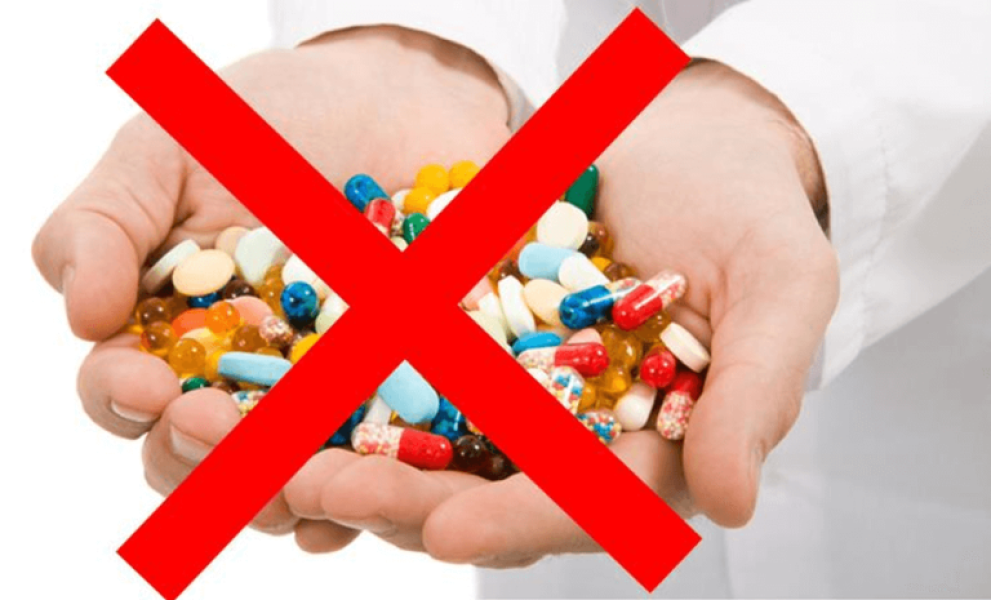Russian doctors are faced with a shortage of more than 80 medicines, including insulin and Nurofen for children. This follows from a survey of the professional community “Doctors.rf”, in which more than three thousand Russian doctors took part from March 14 to March 21.
As part of the survey, they stated that their patients had difficulty obtaining insulin and diabetes medications, thyroid medications, anti-inflammatory drugs (in particular Nurofen for children), gastroenterological, antiepileptic, anticonvulsant drugs, antidepressants, oral contraceptives and drugs for hormone replacement therapy.
Big international pharmaceutical companies due to the aggression of the Russian Federation against Ukraine will not conduct new clinical studies of their drugs in Russia. Among them, in particular, are American Pfizer, AbbVie, Lilly, MSD and French Sanofi. without clinical trials in Russia, not a single drug can be registered in it. The only exceptions will be drugs for rare diseases and drugs used during pandemics.
Russian pharmaceutical companies warns about the inevitable increase in prices for their range. The population is already noticing bare shelves and drug shortages and is trying to buy the necessary drugs for the future. Medications sales in pharmacies increased by 53 % in packages and by 93 % in rubles. Patients really face a shortage of medicines in pharmacies.
Even if there is no shortage of drugs, as the authorities and pharmacists assure, their rise in price is almost inevitable. Ilya Fomintsev, an oncologist and director of the Not In Vain Medical Solutions Foundation notes that “for the time being, Western medicines for cancer patients are still in stock and, oddly enough, purchased at the exchange rate of about 60 rubles per euro.” But the next purchases will already go at the rate of about 160 rubles per euro, which will increase the ruble cost of an already expensive therapy by about three times. This will make therapy completely inaccessible to patients.
In addition, the cost may increase not only for imported, but also for Russian drugs. It’s all about raw materials: the main reason for the increase in the cost of drugs produced in Russia is dependence on foreign raw materials. According to RNC Rharma Development Director Nikolay Bespalov, 85 % of contracts for raw materials are paid in foreign currency. At the same time, it became more expensive by 40-50 %.
As for vital drugs (VED), only half of them (404 items out of 808) can be produced in the full cycle in the Russian Federation. The share of imported substances is estimated at 80 % of the total volume of required raw materials. It is not yet possible to make the production of medicines completely independent. Russia does not have the required amount of equipment and materials.
In early March, Russian Prime Minister Mikhail Mishustin signed a decree concerning medical products delivered to the country from unfriendly states. Under the new rules, such goods cannot be exported from Russia. Moreover, we are talking not only about products that are in the warehouses of importers, but also about those that are currently undergoing customs procedures.
In addition, according to Nikolay Demidov, General Director of IMS Health Russia, if any new “Western” drug is developed, the Russian government can forcibly license its reproduction by Russian companies, regardless of patent infringements.
In fact, the Russian Federation announces to the whole world piracy and looting activities in the pharmaceutical industry.
The Coming Pharmaceutical Crisis in Russia

